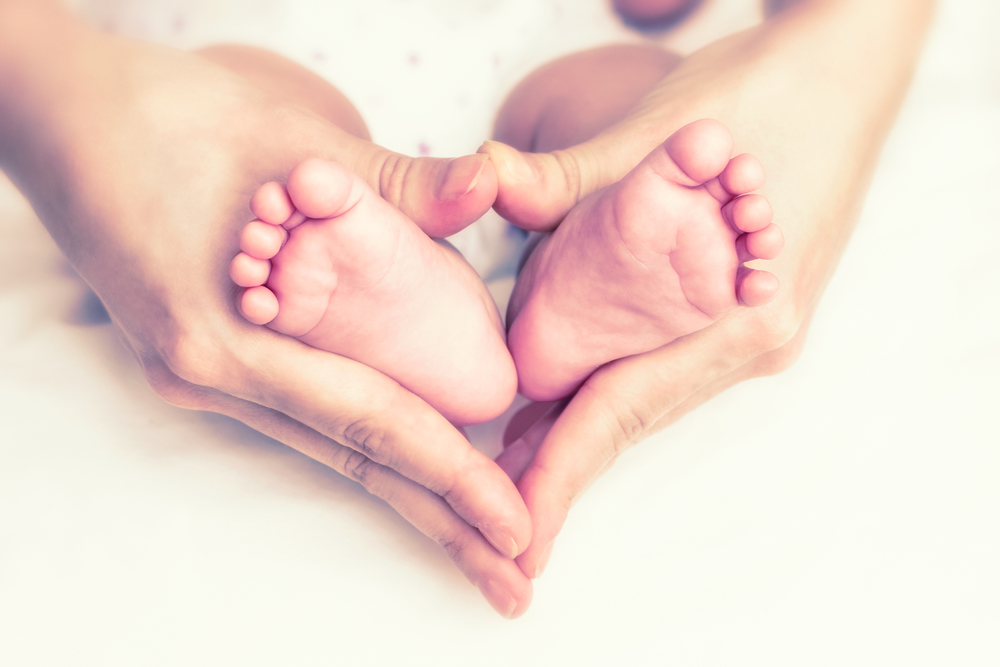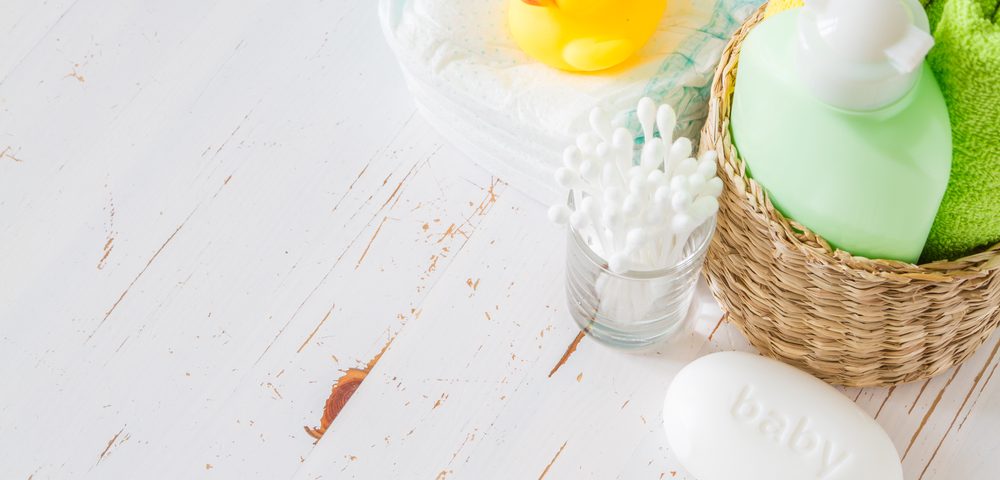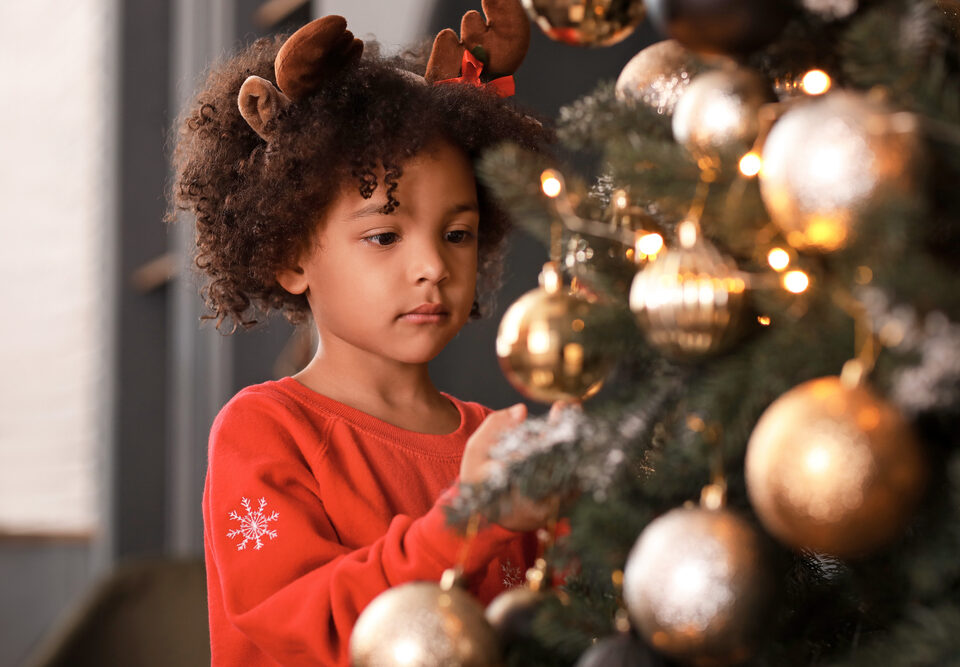
Helpful Tips For Fostering An Infant Or Toddler
October 12, 2018
Tips For Explaining Foster Care To Extended Family And Friends
October 26, 2018Making the choice to foster a child is only the beginning. Now that you have taken the plunge, it is time to start thinking about what you will need before your foster child arrives at your house. While different children will require different items, there are a few must-haves before your foster child comes home. Here are a few things to help you get started.
A Bed (And Bedding)
A twin bed is ideal for children ages three and up. Consider a crib for children any younger, or a bassinet if you plan on fostering a newborn. Invest in new pillows for your foster child’s twin bed, as well as gender-neutral sheets and a blanket. Once your foster child moves in, consider taking them shopping to pick out their own comforter. Look for those that come easy to wrap up. A personal comforter can be a great gift for your foster child to take with them when it comes time to move on.
Personal Hygiene Items
It’s important to have the basics on-hand for your foster child’s first few nights, such as a toothbrush and toothpaste, a comb, a fresh bar of soap, and a new towel and washcloth. A teen placement will need additional items, such as deodorant or feminine products. Also consider personal items, such as body lotion or face wash. While your end-goal may be for the foster child to share with the family, giving them personal items in the beginning can help them to feel comfortable those first few weeks. Taking on a baby? Don’t forget to start stocking up on diapers and other must-haves!
Food And Snacks
While purchasing food for a child you haven’t met is like throwing a dart in the dark, it is still a good idea to keep some basic items on hand. Consider purchasing a cereal sampler pack, so that they have a few choices for breakfast. Have a variety of snacks on hand, such as cheese crackers and pretzels. For dinner the first week, plan on serving kid-friendly favorites. A special treat like ice cream for dessert can help ease a reluctant foster child out of their shell. If fostering a baby, make sure to have baby formula and baby food (depending on the child’s age).
Comfort Items
A few brand-new comfort items can help ease the transition from a foster child’s prior placement to their new home. A comfortable blanket can make all the difference. Younger children will enjoy a new stuffed animal friend or doll. Having something soft to hold at night or when feeling sad can make all the difference.
Clothes And More
Shopping for a future foster child’s wardrobe is difficult before meeting the foster child and learning their sizes, likes, and dislikes. If you can gather information on the child beforehand, consider buying a few basic items such as jeans and plain t-shirts, underwear, and socks.
Besides a comfortable place to sleep, the most important things your foster child needs are your patience and loving care. While having items prepared ahead of time may help to transition your foster child to their new home, ultimately, the rest will come as the need arises. Follow these steps to get started on your foster parenting journey today.
Every child needs and deserves to grow up safe and protected from abuse and neglect, and caring foster parents offer children support and stability when they need it most. At Camelot Care Centers, we specialize in higher-level foster care for children and adolescents that need extra support. We partner with our foster parents/homes to provide trauma informed care and additional services, including in-home counseling, parent support and training, tele-psychiatry, and therapeutic mentoring, to maintain children at the least restrictive, yet most appropriate level of care. Camelot Care Centers (“Camelot”) is a Child Welfare Agency licensed by the State of Illinois, a member of the Illinois Collaboration on Youth (ICOY), and is accredited by the Council on Accreditation (COA).




